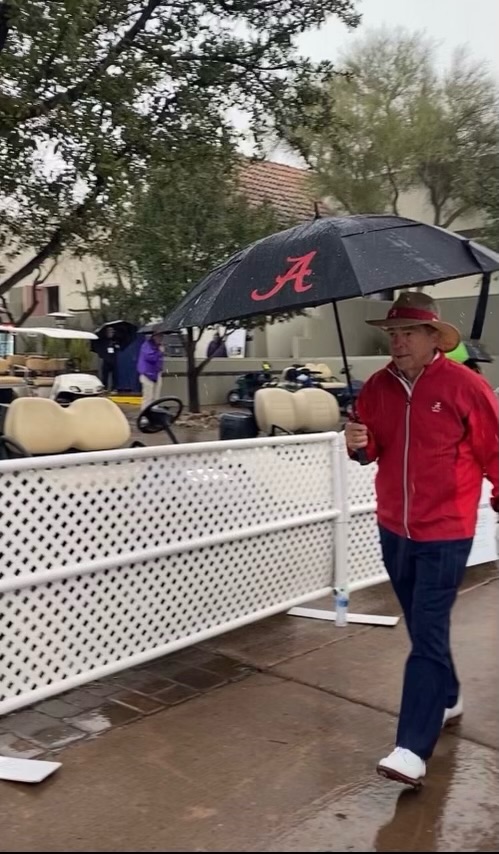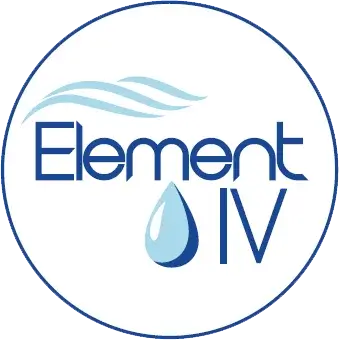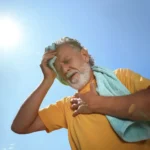What You Need to Know About Heat Exhaustion

What is Heat Exhaustion?
Heat exhaustion is a condition that occurs when the body’s temperature becomes excessively high. It can lead to symptoms like dizziness, confusion, and nausea. Common triggers include strenuous physical activity, dehydration, and exposure to hot weather. Without proper care, heat exhaustion can escalate to heatstroke, a serious condition that can damage your brain and other organs.
What Causes Heat Exhaustion?
Heat exhaustion often results from intense physical exertion, especially in hot environments. When you exercise vigorously, your body sweats to cool down. However, excessive sweating can lead to dehydration, making it harder for your body to regulate its temperature. This dehydration can cause heat cramps, which may progress to heat exhaustion if not addressed.
Symptoms of Heat Exhaustion
Symptoms of heat exhaustion can appear suddenly or gradually and may include:
- Heavy sweating
- Headache
- Dizziness
- Confusion
- Loss of appetite
- High body temperature
- Extreme thirst
- Fatigue
- Weak, rapid pulse
- Goosebumps in the heat
- Nausea
Before these symptoms develop, you might experience heat cramps characterized by a red rash and muscle spasms. If you suspect heat exhaustion, seek a cooler environment immediately. If symptoms persist or worsen, seek medical care.
How is Heat Exhaustion Diagnosed?
Doctors diagnose heat exhaustion by reviewing your medical history and checking your temperature. Typically, a temperature of 100°F or higher indicates heat exhaustion. Lab tests may also be conducted to rule out heatstroke and other conditions. These tests can include blood tests to check electrolyte levels an kidney function they also use urine tests.
How is Heat Exhaustion Treated.
Home remedies are often effective for treating heat exhaustion. These include drinking water in sips, resting in a cool area, taking a cool bath, and loosening tight clothing. However, if symptoms persist, medical treatment may be necessary.
IV therapy can be a highly effective treatment for severe heat exhaustion. Administering fluids intravenously helps rehydrate the body quickly, restoring its ability to cool itself. Additionally, doctors may use an evaporative cooling technique, which involves fanning the body to facilitate cooling.
What are the Complications of Untreated Heat Exhaustion
If left untreated, heat exhaustion can lead to heatstroke, a life-threatening condition. Potential complications include:
- Kidney injury or failure
- Irregular heartbeats (arrhythmias)
- Muscle pain
- Liver failure
- Coma
- Brain damage
Prompt and effective treatment is crucial to prevent these severe outcomes.
What are the Risk Factors for Heat Exhaustion
Several factors can increase the risk of heat exhaustion:
- Age: Older adults are more susceptible.
- Alcohol: Alcohol accelerates dehydration.
- Medications: Certain medications can increase dehydration risks.
- Weight: Being overweight increases water needs and dehydration risk.
Other risk factors include warm weather, high humidity, certain liver or kidney conditions, drug misuse, smoking, and high blood pressure.
How Can you Prevent Heat Exhaustion?
Preventing heat exhaustion involves staying hydrated and avoiding strenuous physical activity in hot conditions. Additional measures include wearing loose, light-colored clothing, avoiding the sun during peak hours, taking cool showers, and avoiding alcohol.
Frequently Asked Questions:
How long does heat exhaustion last?
With proper treatment, symptoms usually subside within 30 minutes. If they persist, seek medical attention.
Is heat exhaustion different from heatstroke?
Yes. Heat exhaustion is a milder condition causing symptoms like dizziness and headache, while heatstroke is more severe and can lead to organ failure and brain damage.
Heat exhaustion occurs when the body’s temperature rises excessively, often due to intense physical activity, dehydration, and prolonged heat exposure. It’s typically diagnosed through medical history and temperature checks. Most cases respond well to home remedies like hydration and rest, but severe cases may require medical intervention such as IV therapy. Preventing heat exhaustion largely involves staying hydrated and avoiding extreme heat.
For potential clients considering IV therapy, understanding its role in treating conditions like heat exhaustion highlights its benefits in urgent care situations.
Mobile IV Therapy can help you get back on your feet in no time. By getting IV Hydration or an IV drip of vitamins and minerals, you can combat symptoms of dehydration, fatigue, and general malaise. If you’re feeling run down and think you could benefit from a Mobile IV Therapy IV, call us today to schedule an appointment. 602-672-0257
Take care of yourself.
References:
“Heat Exhaustion: Symptoms, Treatment, and Prevention.” Mayo Clinic. www.mayoclinic.org/diseases-conditions/heat-exhaustion/symptoms-causes/syc-203732502
“Heat Exhaustion: How to Recognize and Treat It.” WebMD. www.webmd.com/fitness-exercise/heat-exhaustion#13.
“Heat Exhaustion: Causes, Symptoms, and Treatment.” Healthline. www.healthline.com/health/heat-exhaustion








